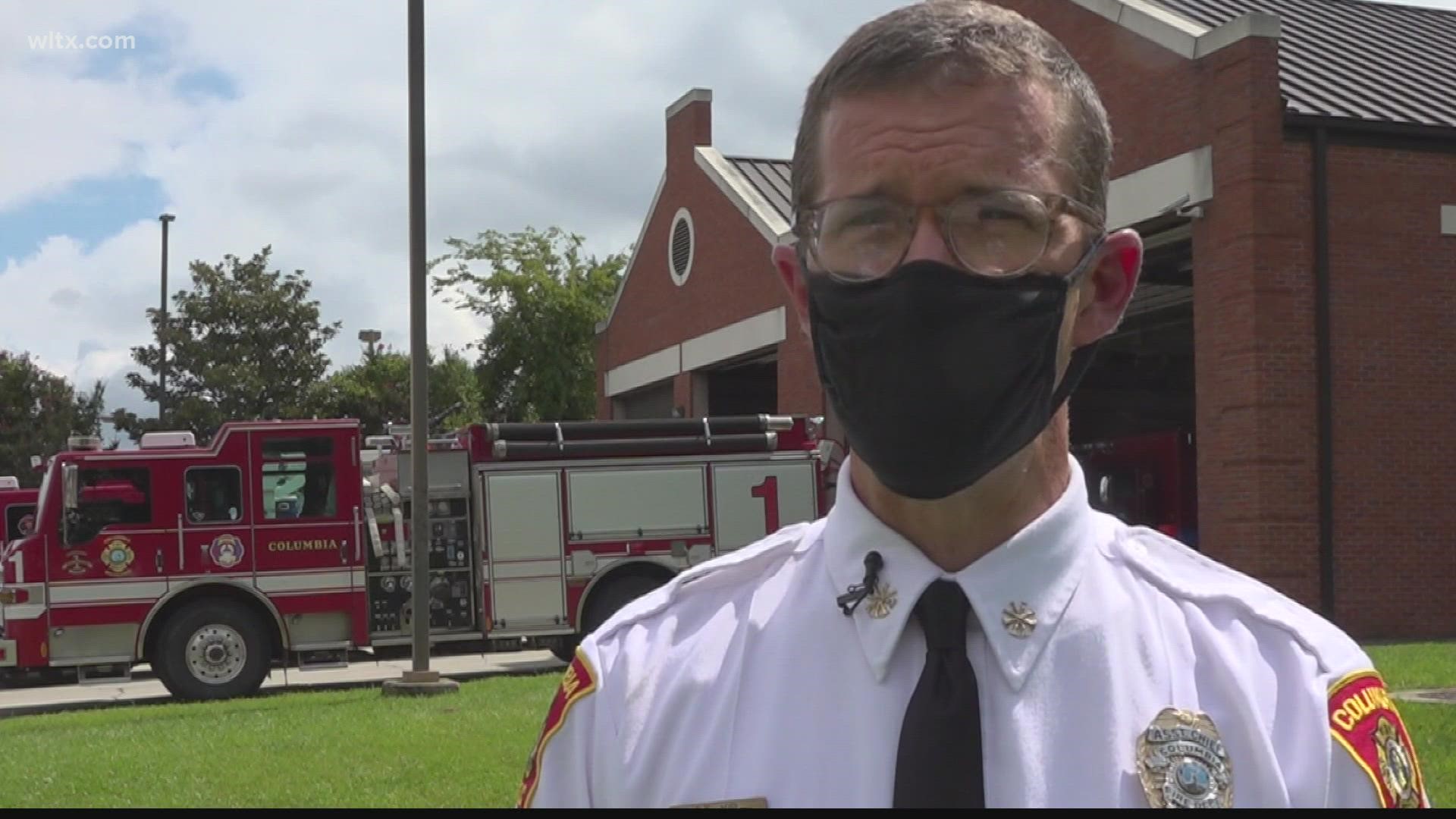COLUMBIA, S.C. — Many who lived through September 11, 2001, can remember exactly where they were and what they were doing when they found out about the tragic attack on the World Trade Center.
A Columbia assistant fire chief not only remembers those details but remembers the immediate impact those events made on his profession and the world around him.
“As most firefighters do, we had second jobs," Columbia Fire Assistant Chief Christopher Kip told News19, "so, I went to my second job as a carpenter assistant. And we were up on scaffolding putting up siding on a house when the gentleman we were working for came out and I remember his hands were down at his sides and he looked dumbfounded and he said an airliner had struck one of the twin towers.”
Kip says he and some other firefighters he was working with found a television and began watching the events unfold. “It was a feeling of disbelief and lack of comprehension.” He says that over those days, they found out that many emergency workers died, and many were firefighters.
“The firefighting profession is more than a job and it's more than a vocation. It’s a life," Asst. Chief Kip said. "It’s a calling. And firefighters care about each other. And it was shockingly hard when some of the film footage came where there were bodies falling from buildings and at the same time there was footage of firefighters in their gear walking up to the building.”
Kip said the community change was instantaneous. He remembers, “that day, and for many months after, it was more than that. Citizens, the public would salute us driving down the road. I remember responding to a medical call and coming down to my knees to be close to the patient to find out what was going on. It was an elderly woman who could barely breathe, and what she said to me was, ‘thank you for what you do.’"
In the 20 years since that fateful day, many things changed. Bomb threats were taken more seriously, poisonous lung inhalation was reviewed and things they never thought would happen, were considered.
Asst. Chief Kip said, “Now in the fire service and law enforcement and the EMS, weapons of mass destruction is part of [the] standard curriculum, and is part of ongoing training. There’s a whole culture in our nation and world geared toward that, and before, it was a side-note in a textbook.”
Kip said the profession itself was changed, forever. “It reinforced something that all firefighters know: we can never assume and we can never become complacent, that we always have to be prepared for the worst-case scenario."

